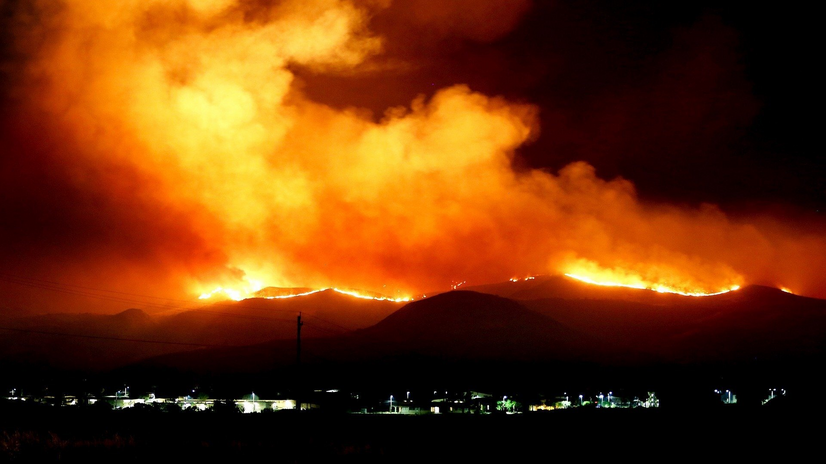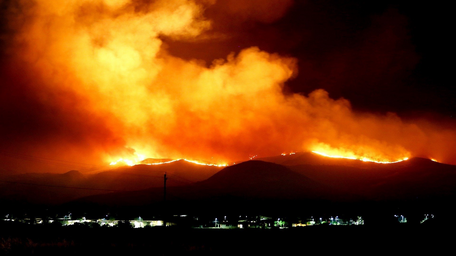South Korea usually makes headlines for all the right reasons: enriching skincare culture, globally acclaimed music, and swoon-worthy shows. Since the past two weeks, however, they’ve been on the global news over a decades-old dispute: threats of war from North Korea.
Ours is a world of nuclear giants and ethical infants. We know more about war than we know about peace, more about killing than we know about living. Three-quarters of a century later, we must ask what we’ve learned from the mushroom cloud that swelled above Hiroshima in 1945.
On August 6th, 2022, the Secretary-General of the United Nations, Antonio Guterres addressed the world in Hiroshima about the horrors of the first atomic bomb attack.
“Tens of thousands of people were killed in this city in the blink of an eye. Women, children, and men were incinerated in a hellish fire.[sic]”
Antonio Guterres (United Nations Secretary General)
He also noted how crises with grave undertones are spreading fast. From the Middle East to the Korean peninsula, to Russia’s invasion of Ukraine, humanity is playing with a loaded gun. He made a proposition that had every nation question themselves:
There is only one solution to the nuclear threat which is not to have any nuclear weapons at all.
While these discussions continue on one side of the world, South Korea has now said loud and clear that they want the bomb.
In 1992, both North and South Korea had signed a joint declaration pledging that neither would ‘test, manufacture, produce, receive, possess, store, deploy or use nuclear weapons.’ However, in the following years, the North repeatedly violated the spirit of its obligations and conducted six nuclear tests. This caused the South to grow anxious. In the 1970s South Korea ran a secret nuclear program. The U.S. found out and gave the South an ultimatum: Seoul can carry on or have the US defend it. South Korea picked the U.S.’s support and since then tens of thousands of US troops have been stationed on the Korean peninsula.
This backfired recently, when North Korea warned the US of ‘retaliation‘ over displaying a nuclear-capable submarine in Busan.
With North Korea developing even more sophisticated nuclear weapons, the South has started to question if Washington would risk San Francisco for Seoul in the event of a nuclear war. Why should another country protect them? It’s their problem and responsibility, right? If the North tests another nuclear weapon, S.K. will withdraw from NPT. If Kim Jong Un does not agree to give up some weapons in the succeeding six months, then Seoul will build their own. More than 70% of Koreans support developing their own nuclear weapons. Seeing this, Kim will be less likely to attack as South Korea could strike back. The greatest contradiction to this logic is India and Pakistan; they both have nuclear power but that hasn’t struck fear and submission into the hearts of either people.
In 2015, the then-President of The United States of America, Donald Trump accused South Korea of free-riding as part of his campaign for the 2016 presidential run. These words understandably instilled fear into the people of S. Korea. A citizen said,
“We are surrounded by great powers, and walking on eggshells around them is tiring.”
Even people who are against nuclear weapons feel that if other countries have them, so should they and that they are a necessary evil. Seeing the growing disbelief in South Korean citizens, Washington is scrambling to reassure its ally of an ‘iron-clad’ commitment to its defense. Like South Korea, each country’s urge to have nuclear weapons depends on their relationship with their neighbors. While we know what is morally right, with the current state of South Korea’s clash with the North, we can’t blame them for wanting to possess Zeus’ forehead than an Achille’s Heel.


